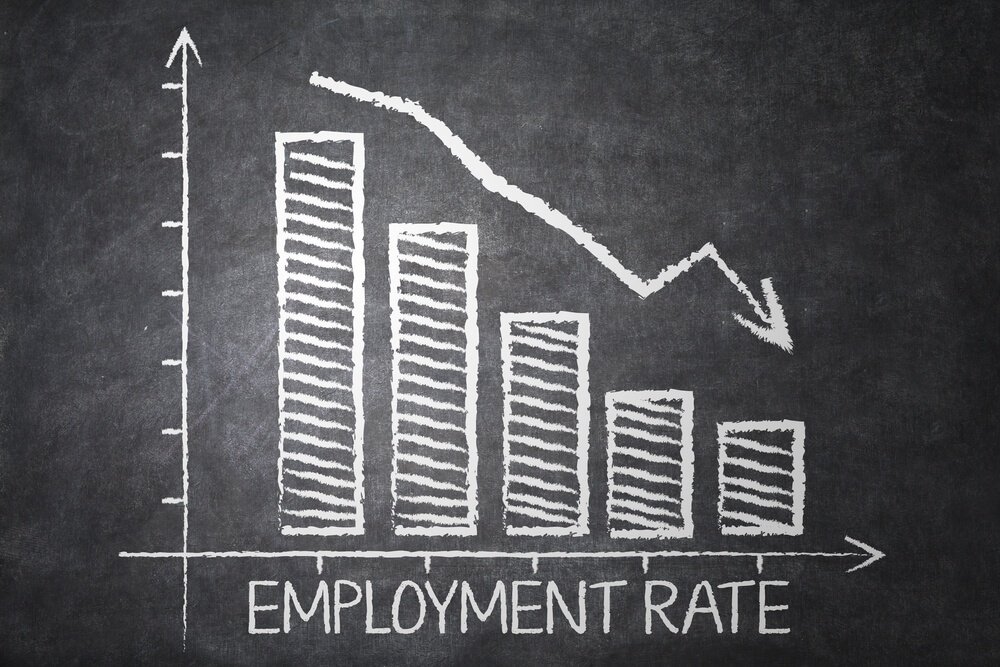Germany’s statistics agency will release economic growth figures this week, and reports are already worried about the European market.
Economists expect the country to record a gross domestic product contraction for September.
If Europe confirms a drop in GDP during the third quarter, Germany would be in a technical, economic recession.
EUR/NZD slumped 0.38% at $1.7336 when Kiwi prepared for the Reserve Bank of New Zealand monetary policy meeting. Markets expect an interest rate cut from 1.0% to 0.75%.
Britain’s exit from the European Union will also affect the exchange as investors’ sentiment fades. EUR/GBP inched down 0.08% at £0.8617, while GBP/USD leaped 0.32% at $1.2811.
Contrarily, the EUR/USD exchange jumped 0.15% at $1.1033 when the American president contradicted reports of a Chinese tariff agreement. The pair will expectedly rely on global trade war progress.
The EUR/CNY pair jumped 0.30% at ¥7.7322. Investors expect yuan to decline further while Beijing hesitates to take aggressive business measures due to financial risks.
UK’s general election this December will also be a significant factor in the exchange.
German Manufacturing at a Loss
Attention fell on the largest economy in the European Union as investors anticipate Germany’s economic statement on Tuesday.
Last month, global economic weakness spread into the German borders when the country’s manufacturing output declined from lowering demands.
The country’s manufacturing sector hit its lowest rate in more than a decade at 41.4 from 43.5. If the figure continues to stoop lower than 50, it will cause a prolonged economic slowdown in other countries in Europe.
Economists claim Europe’s trade is suffering more than the participating parties of the US-China trade war. The euro relies on the trade tension as the driver for their economy.
Former ECB President Mario Draghi claimed the EU’s labor market is losing momentum, claiming the growth outlook is continually deteriorating. Investors expect an employment report from the UK on Tuesday.
















